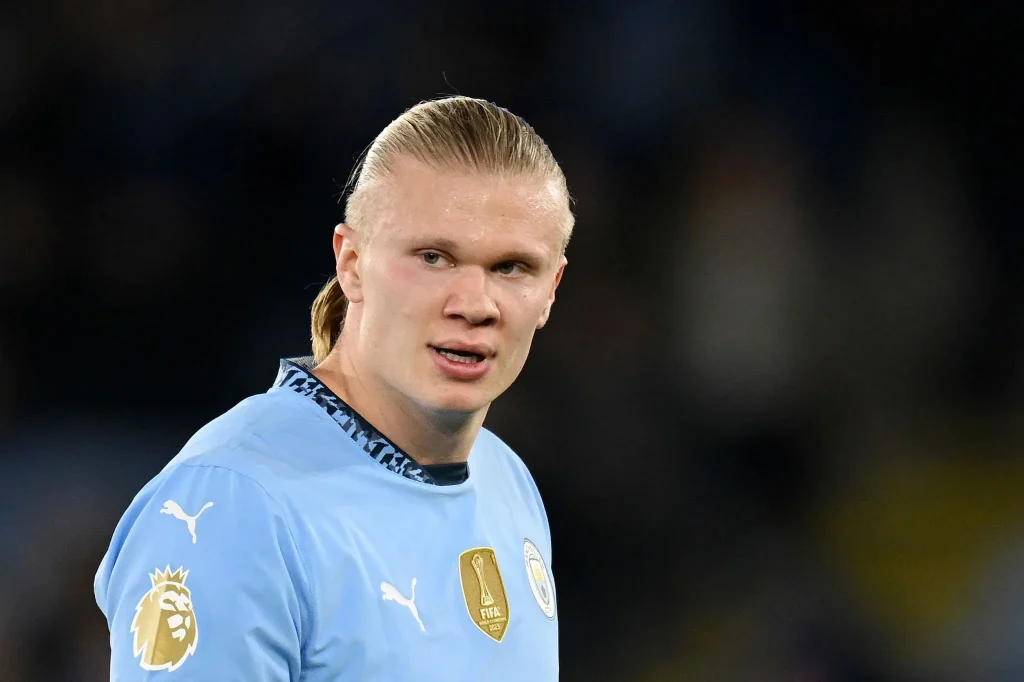
Liverpool manager Arne Slot has raised concerns about the financial dominance of certain Premier League clubs, particularly in light of Erling Haaland’s recent ten-year contract with Manchester City. Slot’s comments, made in a recent interview, highlight the growing influence of money in the league, suggesting that it is not just Manchester City benefiting from such immense financial power but also other top-flight clubs.
Haaland’s contract extension, which ties him to the club until 2033, has raised eyebrows due to the considerable financial commitment it represents. While many view it as a testament to Haaland’s exceptional talent and future potential, Slot pointed out that it also underscores the vast financial disparities between clubs, particularly in the Premier League.
“It is not the only club,” Slot stated, referring not only to Manchester City’s lavish spending but to others in the league who are similarly involved in high-profile transfer deals. “If you look at Chelsea, Manchester United, and the way some other clubs operate, it is clear that we are not talking about a level playing field,” he added.
Slot’s remarks allude to the financial muscle of top clubs, some of which have spent staggering sums in the transfer market to assemble squads capable of challenging for domestic and international honors. In contrast, Liverpool, while still one of the top spenders, has not matched the spending levels of Manchester City or Chelsea in recent years, leading Slot to question how clubs like Liverpool can remain competitive in such an environment.
In his response, Slot emphasized the need for a more equitable distribution of resources and a focus on sustainable spending practices. He argued that the current financial landscape risks overshadowing the traditional values of competitive balance and sporting merit, as clubs with more wealth have a significant edge in acquiring world-class talent.
Slot’s comments serve as a reminder of the ongoing debates surrounding financial fair play and the role of money in shaping the future of football. With clubs like Manchester City, Chelsea, and Manchester United able to throw substantial amounts of money into the transfer market, Liverpool’s approach, which has been more measured, may face growing challenges in staying competitive in the Premier League and beyond.
As the league continues to evolve, Slot’s words highlight the broader issue of financial inequality and its potential long-term impact on the competitiveness of English football.







